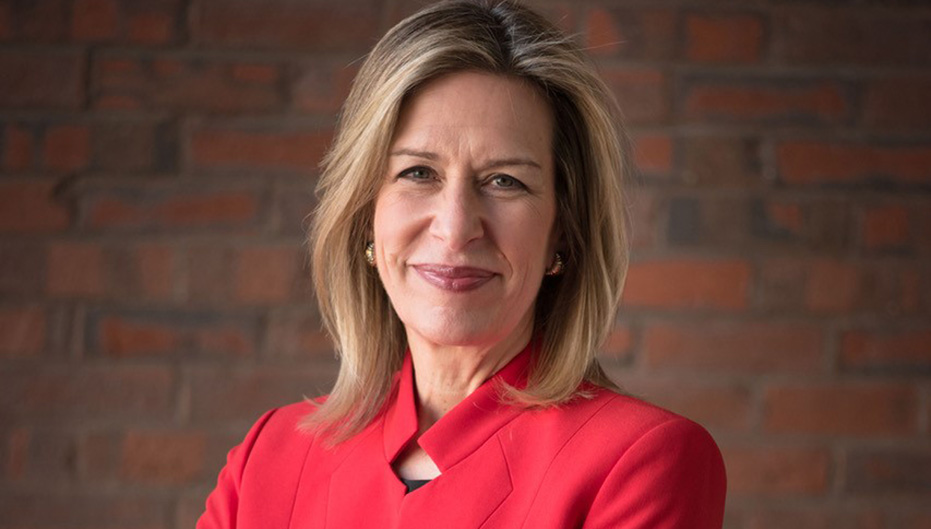Throughout her career in public service and at leading universities and research institutions, Dr. Elizabeth Sherwood-Randall has engaged the toughest global challenges, including reducing nuclear dangers, preventing the proliferation of weapons of mass destruction, and countering climate change.
Sherwood-Randall is currently a Distinguished Professor of the Practice at the Georgia Institute of Technology’s Nunn School of International Affairs and a Senior Fellow at its Strategic Energy Institute. She is also a Senior Fellow at the Harvard University Kennedy School of Government's Belfer Center for Science and International Affairs and advises several U.S. National Laboratories.
From 2014 until January 2017, Sherwood-Randall served as the Deputy Secretary of the United States Department of Energy (DOE). In this role, she was the Department’s statutory chief operating officer, executing leadership and management responsibilities for DOE’s National Nuclear Security Administration and 17 National Laboratories, including the three principal nuclear weapons laboratories. She provided strategic direction for the Department’s broad and complex missions in ensuring nuclear deterrence and preventing the proliferation of weapons of mass destruction, advancing the frontiers of research and innovation in science and energy, fulfilling environmental management commitments, and building a more secure and resilient U.S. power grid. During her time in service, she reestablished the synergistic partnership between the Department of Energy and the Department of Defense and drove initiatives to secure the U.S. competitive edge on advanced national security technologies. She also oversaw multiple teams that provided unique technical support to the negotiation and implementation of international proliferation prevention and arms control agreements.
Prior to her tenure at DOE, Sherwood-Randall served as Special Assistant to the President and White House Coordinator for Defense Policy, Countering Weapons of Mass Destruction, and Arms Control from 2013-2014. In this capacity, she led work to reduce reliance on nuclear weapons while ensuring the safety, security, and effectiveness of the U.S. nuclear deterrent for defense of the homeland and American allies and partners. She was the Presidential Sherpa for the 2014 Nuclear Security Summit in The Netherlands, and she oversaw the successful effort to remove 1300 tons of declared chemical weapons from Syria. From 2009-2013, she was Special Assistant to the President and the Senior Director for European Affairs on the White House National Security Council where she developed and implemented multiple initiatives to collaborate with allies and partners to effectively combat WMD proliferation.
In the Clinton Administration, Sherwood-Randall served as the Deputy Assistant Secretary of Defense for Russia, Ukraine, and Eurasia. She pioneered the implementation of a cooperative security framework with Russia for reducing the lethal legacy of the massive Cold War nuclear arsenals. She also had direct responsibility for successfully meeting the unprecedented challenge of persuading three former Soviet states – Ukraine, Belarus, and Kazakhstan – to give up their nuclear weapons. For her service in these historic times, she was awarded the Department of Defense Medal for Distinguished Public Service and the Nunn-Lugar Trailblazer Award. Earlier in her career, she was Chief Foreign Affairs and Defense Policy Advisor to Senator Joseph R. Biden, Jr. She has also worked previously at Stanford University, Harvard University, the Council on Foreign Relations, and the Brookings Institution.
Born and raised in California, Sherwood-Randall attended college at Harvard University, graduating magna cum laude. She received her doctorate in international relations as a Rhodes Scholar at Oxford University.

